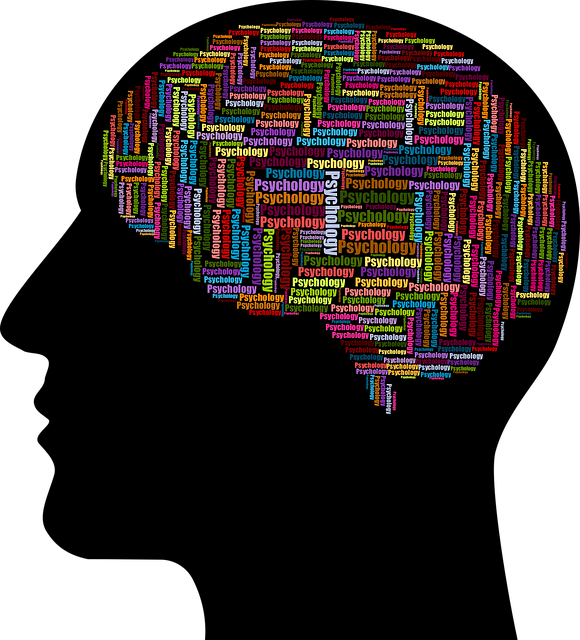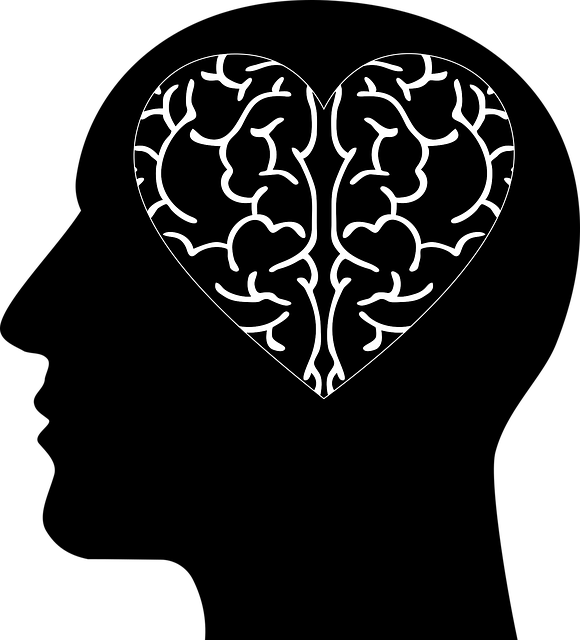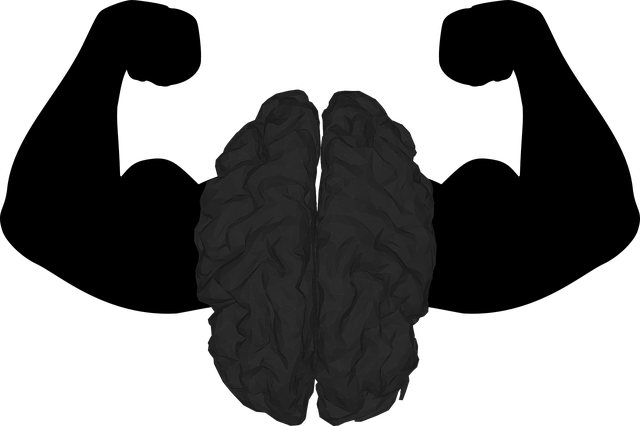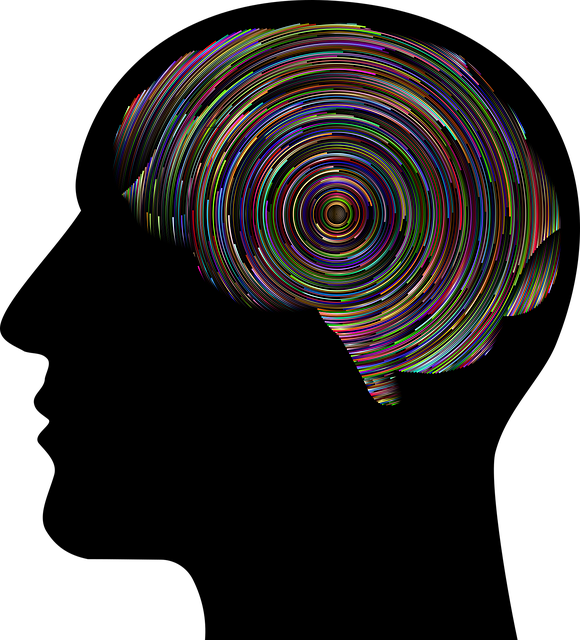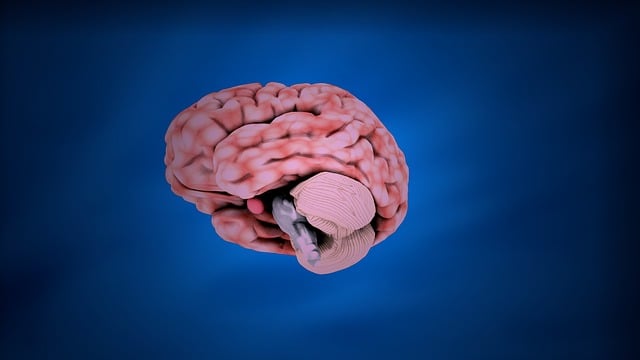Diagnosing Attention-Deficit/Hyperactivity Disorder (ADD-ADHD) in young children requires a nuanced approach due to its overlap with normal developmental stages. Comprehensive evaluations using observational data, parent/teacher reports, and standardized tests are essential. Effective therapy involves self-awareness exercises for emotional understanding and self-regulation. Early intervention strategies through mental health education empower stakeholders. Research focuses on integrating evidence-based practices, trauma support services, and personalized therapy plans to improve diagnosis accuracy, reduce burnout among healthcare providers, and foster better outcomes for young children with ADD-ADHD.
Mental illness diagnosis accuracy, especially in young children, is a growing concern. This article explores efforts to improve diagnostic rigor, focusing on Attention Deficit Disorder (ADD) and Attention Deficit Hyperactivity Disorder (ADHD). We delve into innovative therapy approaches designed for more accurate evaluations, highlighting the integral role of integrating parent and teacher feedback. Additionally, we discuss ongoing research and training initiatives aimed at enhancing diagnosis accuracy for young children with ADD-ADHD.
- Understanding the Challenges of ADD/ADHD Diagnoses in Young Children
- Innovative Therapy Approaches for Accurate Evaluations
- Integrating Parent and Teacher Feedback: A Key to Success
- Ongoing Research and Training for Improved Diagnosis Accuracy
Understanding the Challenges of ADD/ADHD Diagnoses in Young Children

Diagnosing Attention Deficit Disorder (ADD) or Attention Deficit Hyperactivity Disorder (ADHD) in young children is a complex task due to its overlap with typical developmental stages. Many children exhibit symptoms of restlessness, impulsivity, and difficulty focusing during early years, making it crucial for healthcare providers to differentiate between normal child behaviour and potential mental health concerns. The challenge lies in the fact that ADD/ADHD presentations can vary widely among individuals, from subtle inattention to more severe hyperactive-impulsive behaviours. This complexity demands a thorough evaluation process involving comprehensive assessments, including observational data, parent and teacher reports, and standardized tests.
Implementing therapy for young children with ADD/ADHD requires a nuanced approach. Self-awareness exercises can help these children understand their emotions and triggers better, fostering self-regulation skills. Additionally, promoting mental health education programs design focused on early intervention strategies can empower parents, educators, and healthcare providers alike. Burnout prevention strategies for healthcare providers are also essential to ensure consistent care over time.
Innovative Therapy Approaches for Accurate Evaluations

In recent years, significant efforts have been directed towards enhancing the accuracy of mental illness diagnoses, particularly in young children. Innovative therapy approaches are at the forefront of these improvements. One such approach is the integration of evidence-based practices tailored for Attention-Deficit/Hyperactivity Disorder (ADD-ADHD) evaluations. These methods not only focus on symptoms but also consider underlying factors such as trauma and burnout prevention strategies, which can significantly impact a child’s behavior and cognitive abilities. By adopting comprehensive assessment tools and personalized therapy plans, healthcare providers can improve diagnostic accuracy and develop more effective support services for young individuals struggling with mental health challenges.
The key lies in recognizing the complex interplay between mental wellness and potential risk factors like trauma. Advanced therapeutic techniques enable practitioners to uncover hidden issues that may mimic ADD-ADHD symptoms. This holistic approach ensures that each child receives a nuanced evaluation, allowing for more precise diagnoses and targeted interventions. As a result, parents and caregivers can access Trauma Support Services tailored to their child’s unique needs, fostering better outcomes and enhancing overall mental wellness.
Integrating Parent and Teacher Feedback: A Key to Success

Integrating parent and teacher feedback is a powerful strategy to enhance mental illness diagnosis accuracy in young children. Often, professionals rely on individual assessments, but incorporating insights from those closest to the child can provide a more holistic view of their behavior and emotional well-being. Parents and teachers spend significant time observing and interacting with children, making their input invaluable. By combining these perspectives, evaluators can better understand the child’s experiences at home and in school, leading to more accurate diagnoses, especially for conditions like ADD/ADHD.
This collaborative approach facilitates a comprehensive assessment, enabling therapists to tailor therapy plans for young children. It also contributes to breaking down mental illness stigma by fostering an environment of support and understanding. When parents and teachers actively participate in the evaluation process, it strengthens the inner strength development of these children, providing them with the tools to manage any challenges they face while reducing anxiety relief concerns along the way.
Ongoing Research and Training for Improved Diagnosis Accuracy

Ongoing research plays a pivotal role in enhancing the accuracy of mental illness diagnoses, particularly for young children. Studies focus on refining assessment tools and protocols, incorporating advanced neuroimaging techniques, and exploring the impact of environmental factors. One area of significant interest is the evaluation of Attention-Deficit/Hyperactivity Disorder (ADD-ADHD), where researchers strive to develop more nuanced diagnostic criteria that account for co-occurring conditions and individual differences.
The integration of therapy for young children, including evidence-based practices such as cognitive-behavioral therapy, has shown promise in improving diagnosis accuracy. Additionally, trauma support services are gaining recognition as essential components of comprehensive mental wellness assessments. These efforts collectively aim to ensure more effective mood management strategies, tailored interventions, and improved outcomes for children facing mental health challenges.
Mental illness diagnosis, especially in young children, is a complex process that requires a multifaceted approach. By understanding the challenges posed by conditions like ADD/ADHD, adopting innovative therapy strategies, and leveraging parent and teacher feedback, we can significantly enhance the accuracy of evaluations. Ongoing research and training are vital to keep up with advancements in the field, ensuring professionals are equipped to provide the best care possible for young minds. Integrating these efforts can lead to more effective Therapy for Young Children with ADD-ADHD evaluations, ultimately improving outcomes and quality of life for affected individuals and their families.

